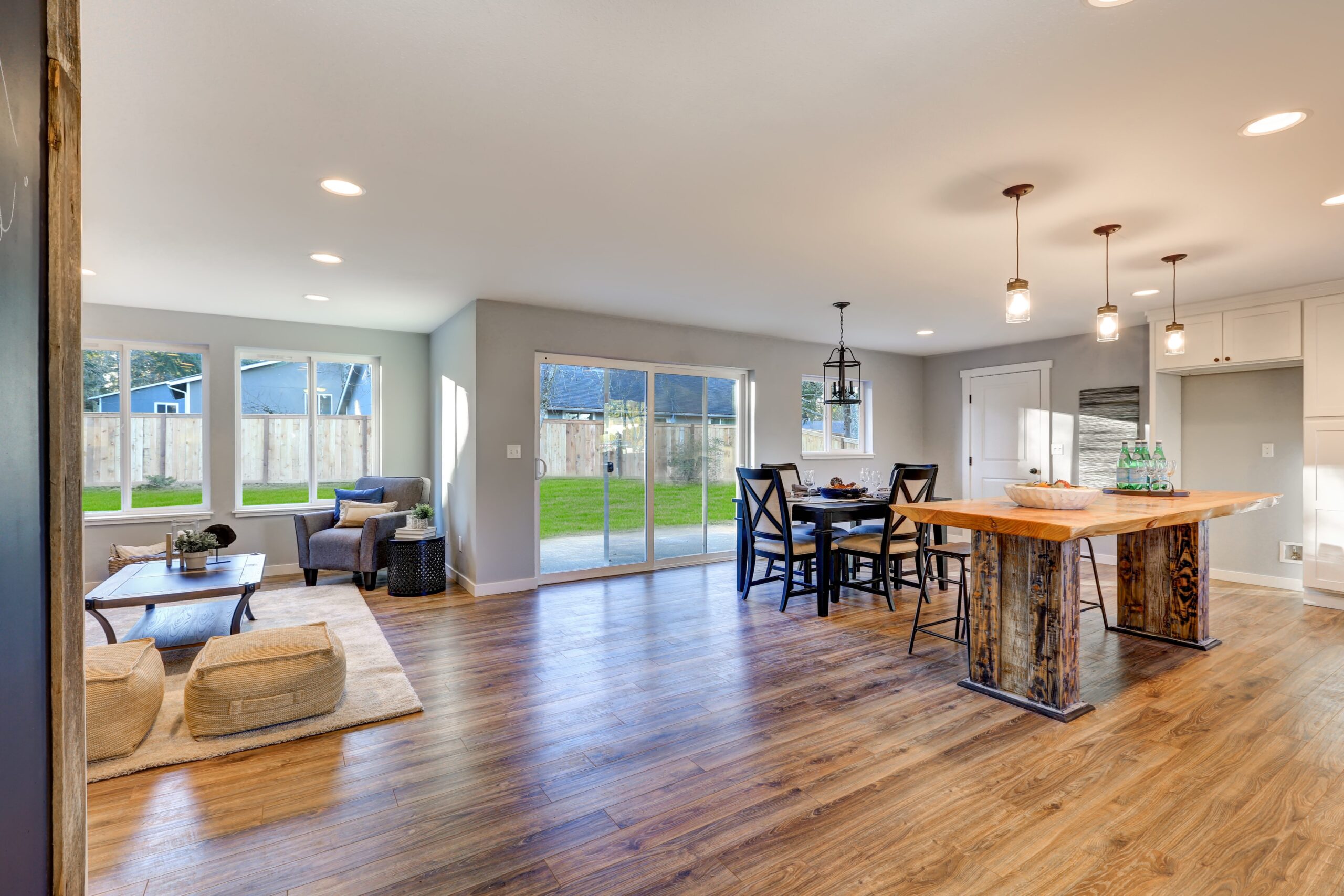
Frequently Asked Questions
The AC Rating of your floor and thickness of your board combine to create the “best” laminate floor. The conditions of the area where your floor is going, is as important as the floor you pick i.e., there is no point in picking the thickest floor with the highest ac rating if it is going on a bad base surface. In this scenario we would recommend putting some of the budget into prepping the area to be floored firstly and then to pick a board that suits your needs i.e.: colour/ thickness/ ac rating/ wide plank/ long plank/ high/ low traffic area/ waterproof etc.
If it is engineered wood or solid wood floor, then it is most likely that it can be sanded. However, we would highly recommend contacting an expert before performing any DIY sanding on your wooden floors.
Where your floor choice is not fixed to its base in any way. It will be either glued together or have a form of interlocking system.
Deciding on the best underlay for your wooden floors will largely depend on the type of floor, the internal heating system, and sub floor conditions and materials. We will advise you in what is best to use during a free consultation.
Even manufactured floors react to humidity and therefore we recommend you employ a skilled tradesman to fit your wooden floor. Natural products react more in humid environments and can cause expansion and contraction in your floors.
An oiled surface wears quicker than a lacquered surface but can be refinished easier. Oiled surfaces are less resistant to staining from surface spills so may not always be the best option.
Engineered flooring is a solid wood finish on top [wear layer] and a manufactured base. The wear layer is the solid wood finish which can come in different thickness which determines how many times your floor can be sanded and refinished.
If you want to calculate how much flooring you will need for your project, you need to know the length multiplied by the width of the area to be floored. Depending on the type of floor you choose we will advise on what to allow for off cuts and wastage.
Ac6 is the highest on the market now but is only required in extremely high traffic areas. In general, we recommend ac4 or ac5 for domestic use which is still extremely durable and hard wearing.
LVT stands for luxury vinyl tile. It looks like real wood and stone flooring also depending on the finish requested. Luxury vinyl tiles or LVTs offer more practical benefits to other types of floors.
Yes, it is also as important to have the area to be floored dry and clean. We recommend moisture testing the area to be covered to make sure conditions are perfect for flooring.
Yes, we recommend 12mm all around the perimeter of the room. Some flooring requires different expansion gaps but this will be stated on your product.
In general, a microfibre cloth or a damp cloth for cleaning purposes and clean up liquid spillage as soon as possible.
